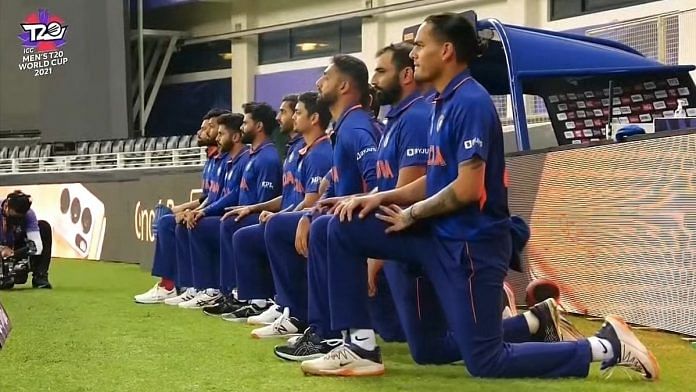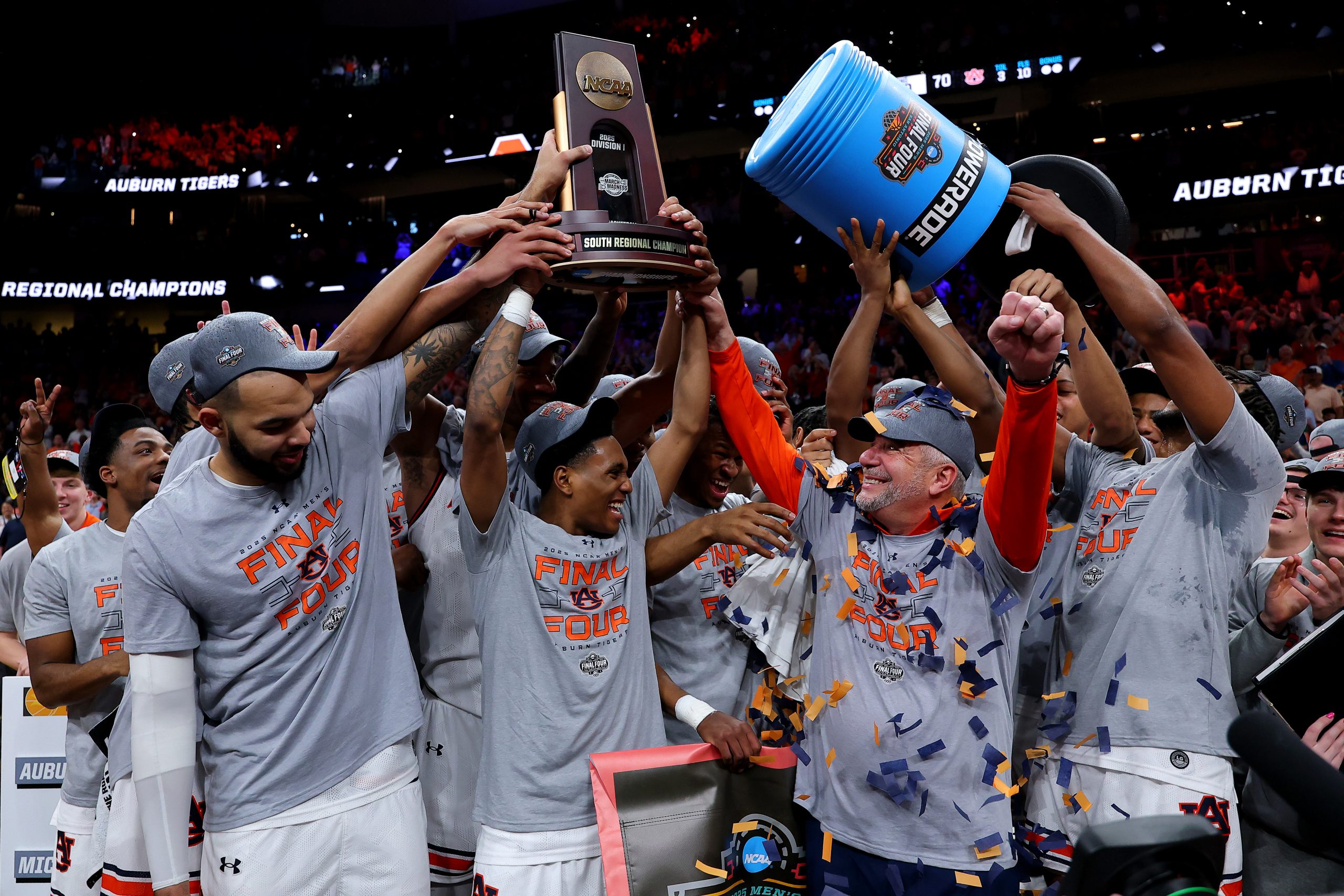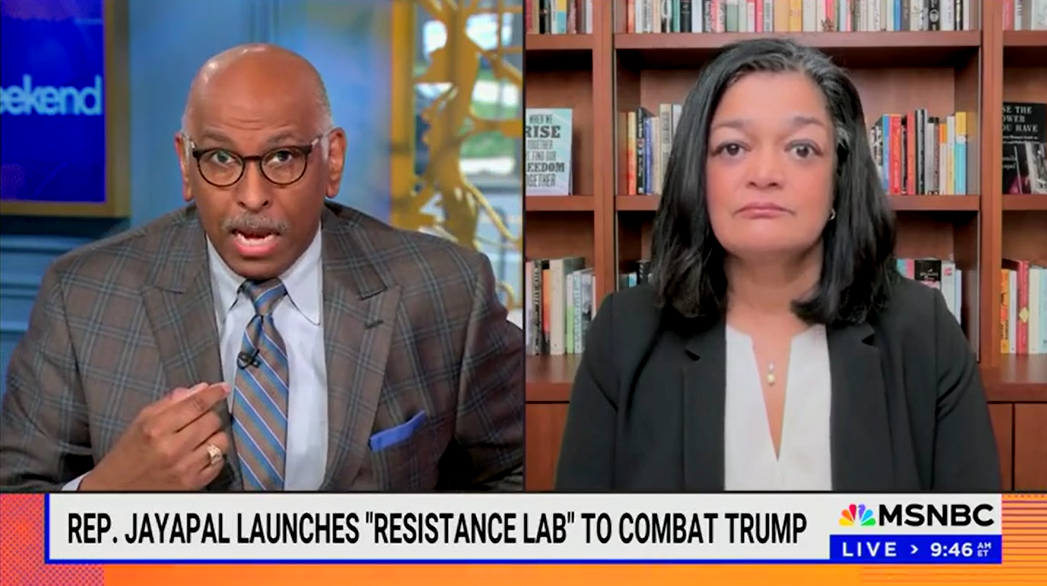
Text Size:
New Delhi: ‘Taking the knee’ — a symbolic gesture to protest racism — became a talking point around the cricketing world this week after South Africa wicket-keeper Quinton de Kock withdrew from his team’s Super 12 match against West Indies in the ICC Men’s T20 World Cup.
De Kock’s move came as he refused to take the knee Tuesday, in defiance of a mandate by Cricket South Africa (CSA).
The action came two days after all members of the Indian team were seen taking the knee ahead of their 10-wicket loss to arch-rivals Pakistan. The Pakistani players expressed their solidarity by placing their hands on their hearts.
While de Kock was roundly criticised for not standing with his teammates, the Indian players were labelled hypocritical for standing up against racism, but not in solidarity with oppressed minority groups in India.
Quinton de Kock is showing the world what kind of people we have to deal with here in SA.
— Sharné Zoë (@Zoe_SZi) October 26, 2021
Um….Muslim lives, Dalit lives, women’s lives, Kashmiri lives, Indian lives? https://t.co/qfiCqpczIr
— Karuna Nundy (@karunanundy) October 24, 2021
So they took a knee cause management asked them to? Do they even know what taking a knee means? Its a protest. You don’t protest like some subservient citizen.
— Priyashmita (@priyashmita) October 25, 2021
De Kock released a statement Thursday apologising for his actions. He explained his rationale for the decision, criticising CSA’s mandate and reiterating his life-long commitment to racial justice.
On Saturday, de Kock finally took the knee as he returned to the team for South Africa’s Super 12 match against Sri Lanka in Sharjah.
This episode, however, wasn’t the first time that anti-racism gestures or the ‘Black Lives Matter’ (BLM) movement made headlines in the cricketing world.
On 8 July 2020, all 11 West Indies players, led by captain Jason Holder, as well as England openers Rory Burns and Dom Sibley, took the knee before the first ball was bowled in the first Test match back after Covid-19 at Southampton’s Rose Bowl.
https://www.youtube.com/watch?v=P_FdzSX8wC8
The preceding BLM protests in the US last year over the murder of an African-American man, George Floyd, appeared to have triggered the Windies’ gesture.
The International Cricket Council (ICC) also permitted Holder’s side to sport BLM insignia on jersey collars in the Test. England followed suit with BLM logos of their own.
West Indies players will wear the Black Lives Matter logo on their jerseys in the upcoming #ENGvWI Test series
pic.twitter.com/mjBTbMagX4
— ICC (@ICC) June 29, 2020
England will join West Indies in displaying the Black Lives Matter logo on their shirts during the upcoming #ENGvWI Test series
pic.twitter.com/cPnx3xKLXi
— ICC (@ICC) July 2, 2020
The move bucked the ICC rule of disallowing players from sporting messages pertaining to any “political, religious or racial” cause.
Following this, the global cricket governing body also posted its own content to broaden the focus from BLM to anti-racism in the sport. It released candid conversations on dealing with the issue and promoted the work of indigenous activists in Australia, among others.
In a special episode of Interviews: Inside Out, we talk about how everyone can deal with racism in the sport.
Make sure you watch this important discussion: https://t.co/tsGhUvjFMn
@darensammy88
@irbishi
@isaguha
@jpduminy21
@TomMoodyCricket
@bazidkhan81 pic.twitter.com/6vs26iJXm9
— ICC (@ICC) June 21, 2020
Ahead of the #AUSvNZ match, players formed a ‘barefoot circle’, taking a stand against global racism and inequalities faced by Indigenous Australians.
They gathered around a Walkabout Wickets logo by Aunty Fiona Clarke, which pays tribute to pioneering Indigenous cricketers. pic.twitter.com/sQQjnQanIZ
— ICC (@ICC) September 26, 2020
Also read: What South African cricket doesn’t get about BLM movement, just like rest of sporting world
What is ICC’s position?
The ICC’s larger policy on the issue, however, has only seemed confused and an after-thought.
Cricket South Africa’s mandate this week came after its players made a range of symbolic gestures prior to their first game against Australia. On his part, India captain Virat Kohli revealed Tuesday that his team took the knee after a decision was “communicated” by the team management.
Other countries participating in the World Cup, such as the West Indies and Scotland, have been seen taking the knee in a more organic manner. The Sri Lankan team has not taken the knee, in line with a directive issued by Sri Lanka Cricket that has been in place for several months.
These differences in the teams’ positions on the gesture as well as the surrounding controversies have put question marks on what the ICC actually permits with regards to the BLM movement and anti-racism.
Earlier, the likes of Moeen Ali, M.S. Dhoni, fans in England during the 2019 Men’s ODI World Cup and Zimbabwe Cricket have been either penalised or warned by the ICC for displaying political messages or engaging in political interference.
Now, the ICC has chosen to take a more “common sense approach” towards players who wish to kneel.
On Tuesday, after de Kock sparked the row, the ICC stated its position on players taking the knee over the course of the tournament. “After some teams expressed the desire to make a gesture against racism, the ICC offered all teams the opportunity to do so if they wished,” an ICC spokesperson was quoted as saying.
The Clothing and Equipment Rules and Regulations in the ICC Code of Conduct, which were last updated in July 2021, state that wearing, displaying or conveying “personal messages” is banned, unless previously approved by the player/team’s cricket board and the ICC Cricket Operations Department.
“Approval shall not be granted for messages which relate to political, religious or racial activities or causes. The ICC shall have the final say in determining whether any such message is approved,” the rules say.
Taking the knee, anti-racism or the Black Lives Matter aren’t specifically named as pre-approved exceptions in the ICC Code of Conduct.
However, in view of media statements as well as events seen this month in the Men’s T20 World Cup, kneeling or other anti-racism gestures appear to have been given an unwritten sanction by cricket’s governing body.
Also read: ‘Turbaned strangers’ — British questioned, sorted and colour-coded Indian POWs after Dunkirk
Role of West Indies team and Michael Holding
The event that sparked the kneeling gestures was the Black Lives Matter movement in the US in June 2020, following the murder of George Floyd by a Caucasian police officer, Derek Chauvin, in the city of Minneapolis.
In cricket’s context, it was largely current and former West Indies players who emerged at the forefront in expressing solidarity with BLM.
As cricket worldwide came to a standstill due to the Covid pandemic, the West Indies men’s team’s tour to England in June 2020 represented the sport’s international comeback. But it came in the backdrop of these protests.
All-rounders Jason Holder and Kieron Pollard, who were captains of the Windies’ Test and limited overs sides respectively, expressed their unequivocal support for the movement and encouraged the cricketing world to back them up.
However, it was former Windies pacer and Sky Sports commentator Michael Holding who attracted most headlines, initially for his passionate, emotional speech on live television during the broadcast of that England-West Indies Test series, and later for emerging as an expert voice in the media on the issues and controversies around racism in cricket.
“What people need to understand is that this thing stems from a long time ago, hundreds of years ago. The dehumanisation of the Black race is where it started. People will tell you, ‘That’s a long time ago, get over it’. No. You don’t get over things like that. Society has not gotten over something like that, so how can individuals?” Holding said during the telecast.
Earlier this year, in his new-found role as a social commentator, Holding co-wrote a book with cricket writer and investigative journalist Ed Hawkins.
Titled Why We Kneel, How We Rise, the book focuses on the history of dehumanisation of Black people in sport, and features Holding’s interviews with sportspersons like Usain Bolt, Naomi Osaka, Thierry Henry and Makhaya Ntini.
“There was not one ‘lightbulb’ moment when I suddenly realised that something was not right, although I would say that my trips to England in the 1970s and 1980s proved to be a particularly rich – and troubling – education,” Holding writes, explaining why he penned the book.
Holding’s interview with Ntini is particularly significant for cricket as the former South African pacer expressed his disapproval with racial quota policies for senior team selection in the country’s cricket, lamenting that he dealt with the “negative fallout” of the system his entire career, being labelled a “quota player”.
However, Ntini’s revelations about the repeated isolation and alienation he faced from the rest of the South African team, as the only Black player, strengthened Holding’s argument about the need to make ‘taking the knee’ a mainstay in cricket.
“Makhaya just enforced my thoughts on the problem. Each sport or industry can try to put their house in order, but the message has to reach the society at large or no real meaningful change can take place,” Holding concluded.
(Edited by Amit Upadhyaya)
Also read: Black Lives Matter, racial justice protests take centre stage at Tokyo Games
Subscribe to our channels on YouTube & Telegram
Why news media is in crisis & How you can fix it
India needs free, fair, non-hyphenated and questioning journalism even more as it faces multiple crises.
But the news media is in a crisis of its own. There have been brutal layoffs and pay-cuts. The best of journalism is shrinking, yielding to crude prime-time spectacle.
ThePrint has the finest young reporters, columnists and editors working for it. Sustaining journalism of this quality needs smart and thinking people like you to pay for it. Whether you live in India or overseas, you can do it here.
Support Our Journalism




















Discussion about this post